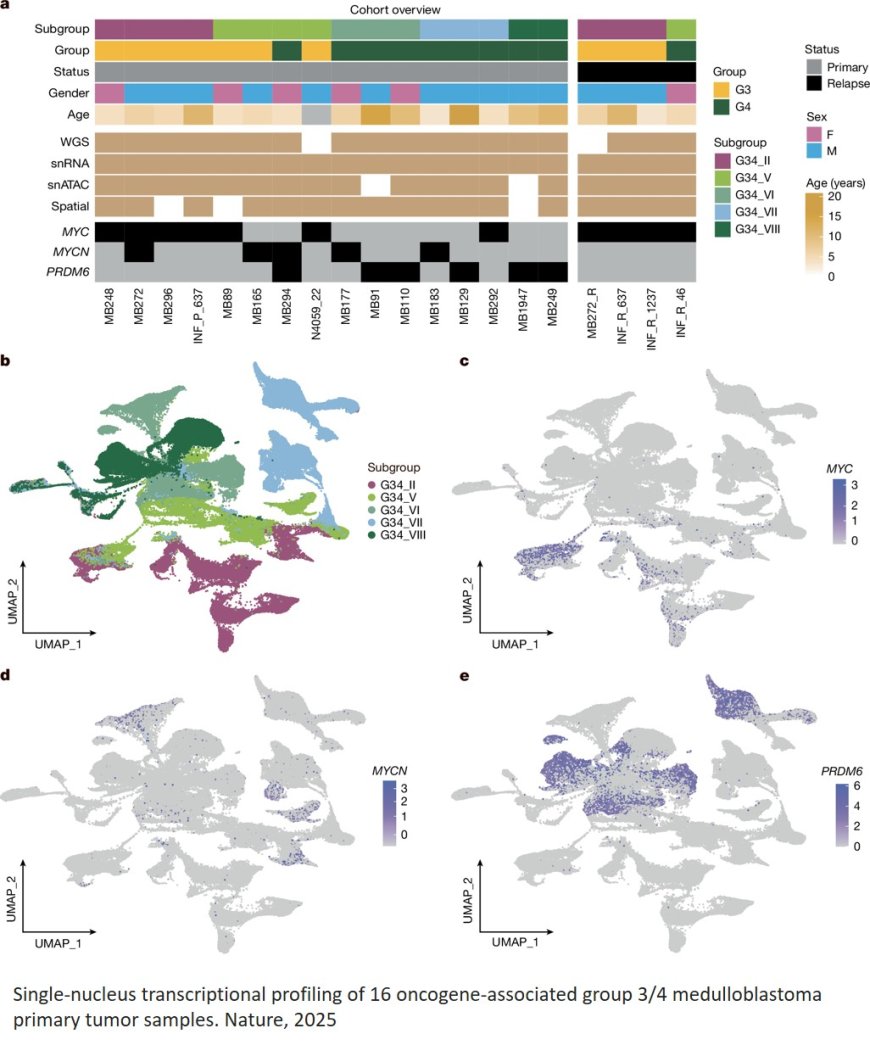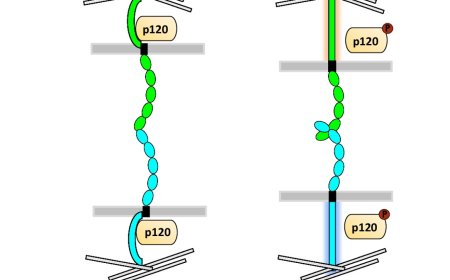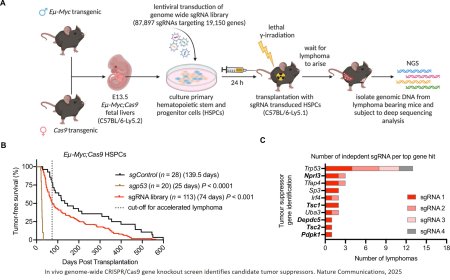Does brain cancer start at pregnancy?

Medulloblastoma is one of the most common malignant tumors of the central nervous system (CNS) in children and adolescents. It develops in the area of the cerebellum, which is responsible for movement coordination, among other things. Medulloblastomas enlarge rapidly, often grow into surrounding tissue and can also form metastases. The wide variety of this tumor group also makes it difficult to find the right treatment.
A team of researchers has now investigated exactly where and when the most aggressive subgroups of these tumors develop in so-called single cell analyses. “We have genetically characterized the many thousands of individual cells from the tumor samples of numerous young patients with medulloblastoma,” explains the first author of the study. “This technology allows us to obtain a high-resolution picture of the genetic make-up within a tumor, so that we can reconstruct its developmental history fairly accurately.”
Accordingly, there are “early” and “late” genetic changes within a tumor. Based on the distribution of the genetic changes across the various tumor cell clones, the scientists were able to reconstruct the development of the tumor. The study shows that the particularly aggressive medulloblastomas of subgroups three and four probably develop between the first trimester of pregnancy and the end of the first year of life. The origin of the tumor development are the precursor cells of highly specialized nerve cells, the so-called unipolar brush cells of the cerebellum, which also develop between the first trimester of pregnancy and the end of the first year of life. Large rearrangements of entire chromosomes or chromosome arms take place in these cells, presumably initially by chance, as the present results show: The cells loose or gain certain chromosomes.
“We assume that the early loss or gain of certain chromosomes is the first step in tumor development and that these occur many years before the clinical symptoms appear,” says the study lead.
Only the later tumor cells carry the already known duplications or alterations of the cancer genes MYC, MYCN or PRDM6 that are typical for these types of medulloblastoma. “We therefore assume that these cancer genes are responsible for the progressive tumor growth and also for the metastasis and therapy resistance that occurs, but not for the development of the tumor,” says the author.
The author explains what these results could mean for diagnosis and treatment: “If we succeed in developing sufficiently sensitive methods in the future to detect these early changes, for example as DNA fragments in the blood, this could form the basis for possible early detection in newborns and infants.”
https://www.nature.com/articles/s41586-025-08973-5
https://sciencemission.com/Oncogene-aberrations-drive-medulloblastoma













